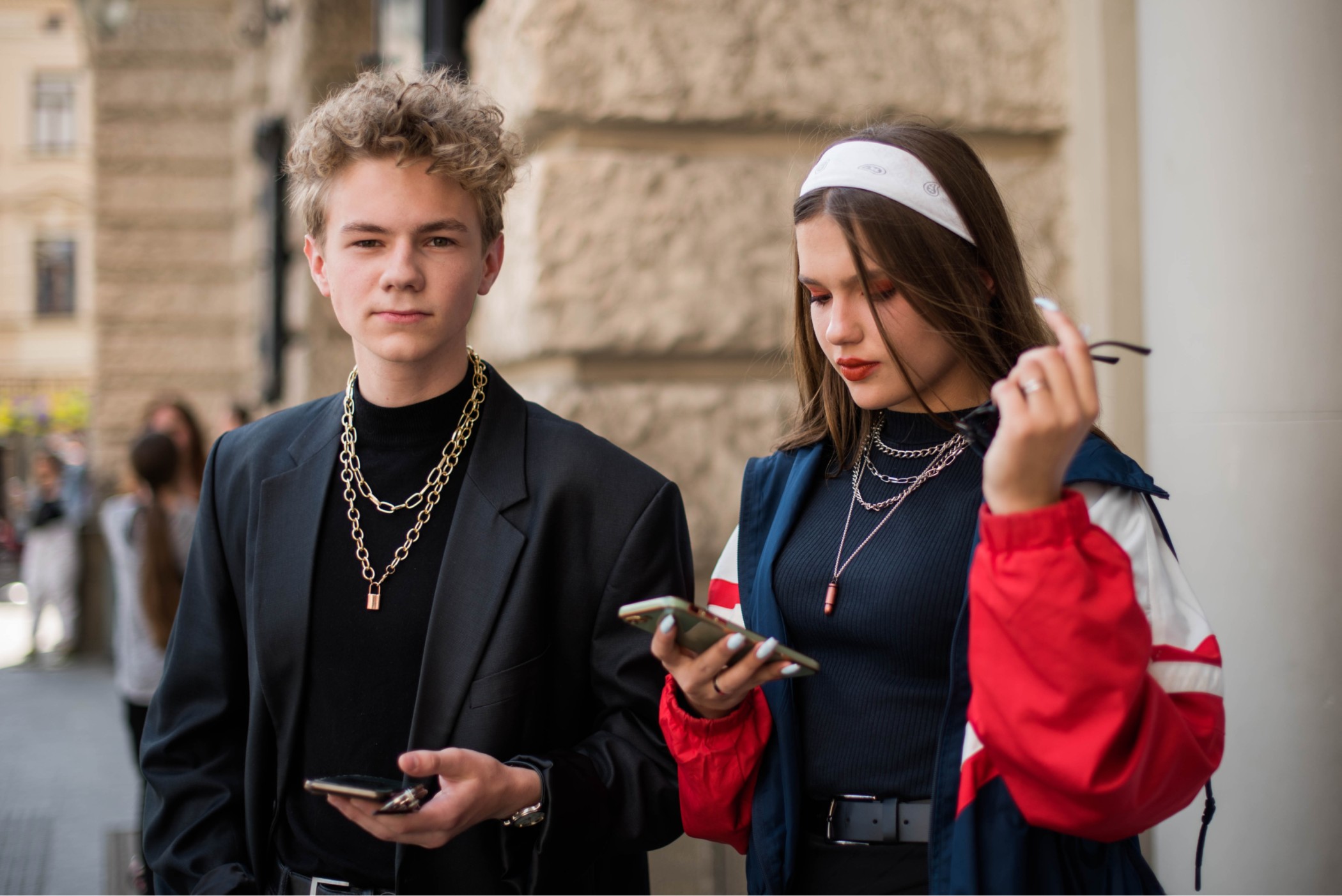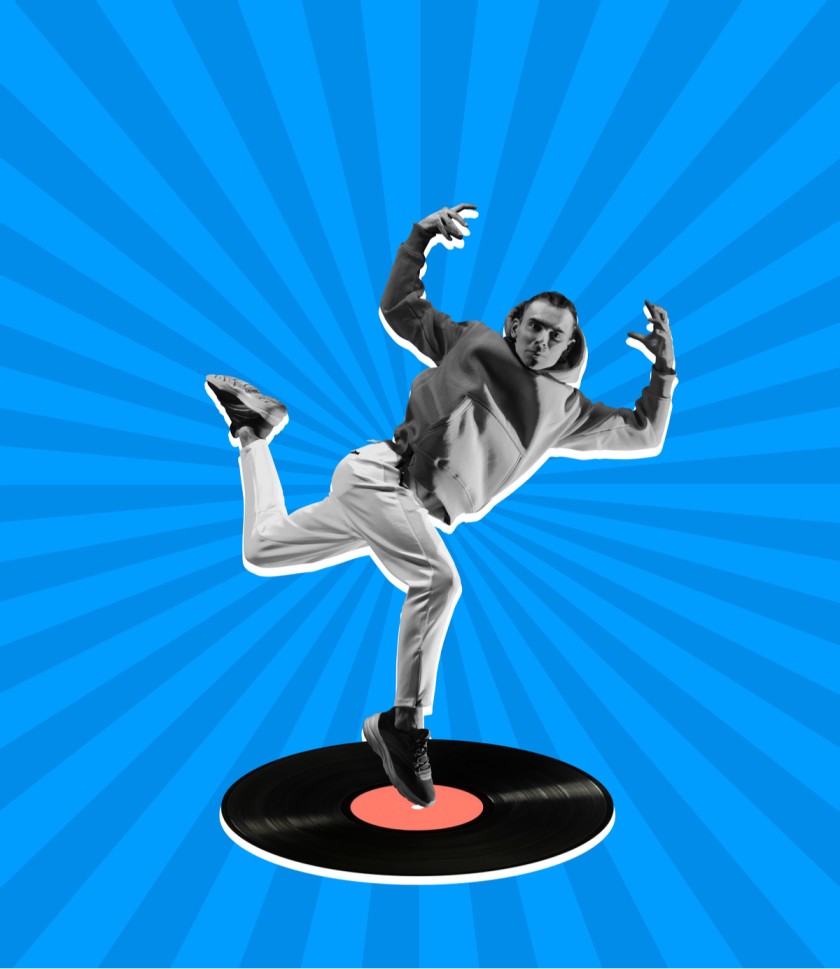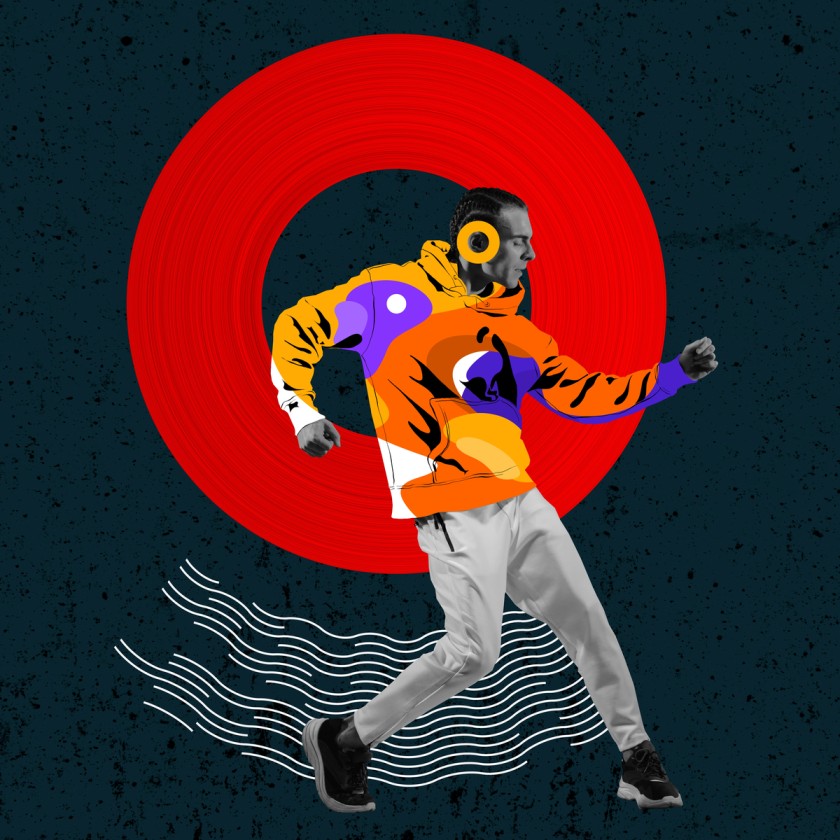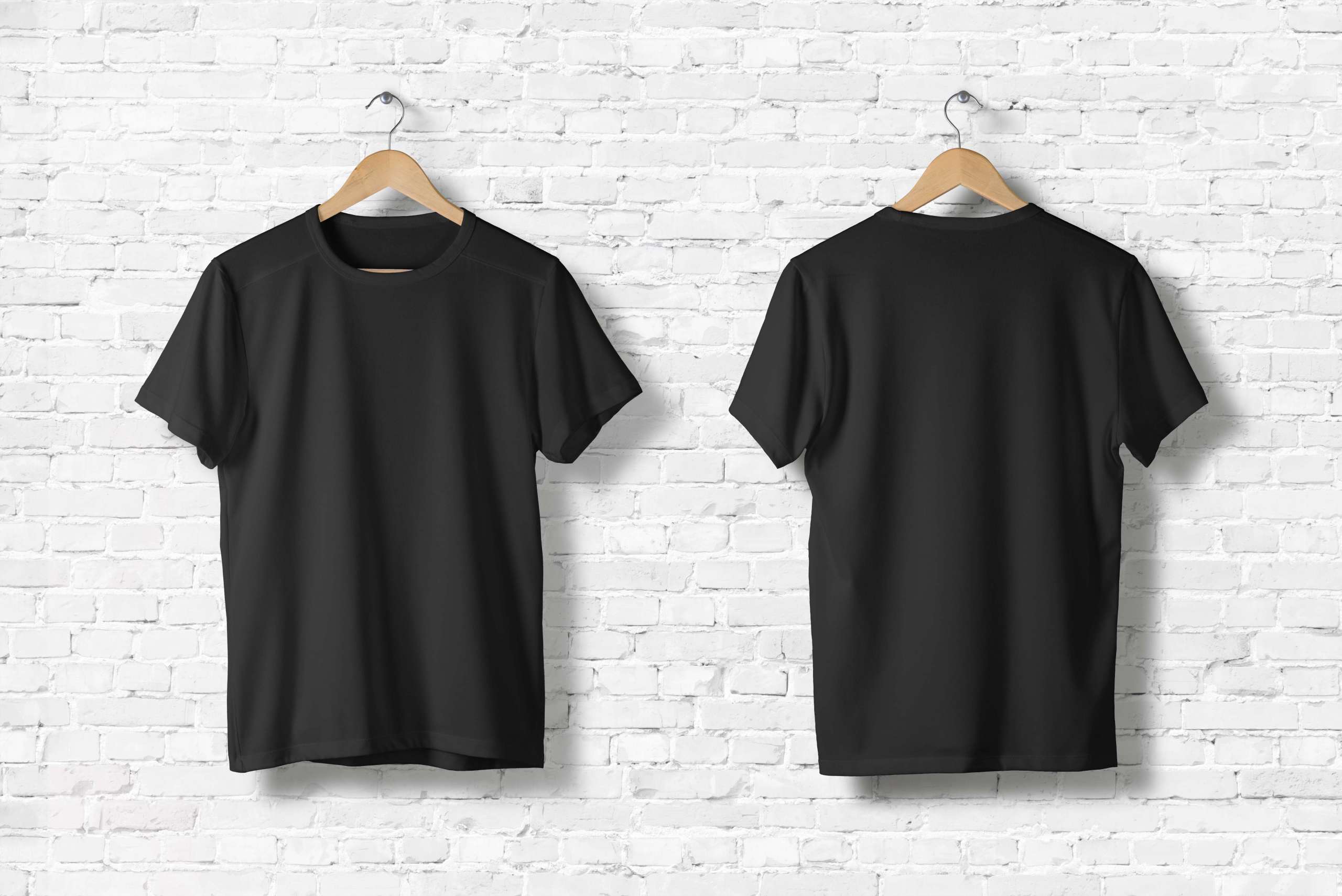Case Study On How Hip-Hop Plays A Significant Role In The Fashion Industry



If someone looks back at the history of the fashion industry, it will become clear that the perspective was quite partial. In the early days, fashion meant classic, elegant, and grand. Any person with casual attire on occasions was frowned upon. They were considered inelegant, hooligans, and even poor.
Over time, especially in the early 2000s, this stereotypical perspective started to shift. Fashion houses from all over the world started considering a new style form—the street style. It is based on hip hop and rap music forms, which expresses a rebellious, carefree style, the voice of the everyday people. For example, the trend of wearing a hat with casual clothes or a sleeveless vest over a short-sleeved t-shirt gained popularity through the music videos and styles of these music genres.
To understand the shifting tastes in fashion, focusing on the influence of hip-hop and rap music is crucial. This article discusses a few case studies. They explain how fashion has changed after incorporating music into style.
Origin of hip hop music and fashion style

Local singers in America first introduced hip-hop music during the 1970s. These people simply took music tubes and remixed them with songs. Ultimately, they began telling stories in rhythmic forms. As people started to like hip hop and rap music, many artists came into the limelight. And, with that came changes to the fashion industry.
Hip-hop is all about remixing the old in different ways for creating something new and stylish. Singers started to wear baggy clothes with statement footwear. Puma, Adidas, and other such brands were their favorites. They even used different colors for accentuating the overall looks. Their style and fashion sense are so unique and appealing that many fashion experts adopted this particular street style.
What led to the incorporation of hip-hop style into the fashion industry?
When hip-hop was first introduced in the 1970s, the music genre was not widely accepted. People were speculative about this kind of entertainment. The main reason for such an ignorant attitude was the cries of frustration and complaints against the prevalent social norms. Their communities didn't receive the basic amenities most of the time.
With the growing tension between the dominant Caucasian class and the comparatively smaller group coming from an African-American ancestry, not many opportunities were available for the latter. As a result, these people started to put their agonies and thoughts in the form of musical stories.
During the late 1980s, a lot of active hip-hop and rap singers wore baggy clothes. Over time, many of them started to add branded accessories and showed a different style than the then-popular suits and dresses. A few years later, the singers wore baseball caps because they performed outdoors. And the caps provided them comfort from the weather. What started nearly as a protective step soon became a breakthrough for the fashion industry. This was the beginning of a new style, also known as hip-hop or sweet passion.
Top changes that the music genre introduced in the market
Over the years, several changes were introduced into the fashion industry. The hip-hop and rap singers dressed up in ways that represented their music for remixing. For example, pairing baggy boyfriend jeans with white platform sneakers is now considered one of the best female fashion styles. Similarly, one can often see young males sporting a light t-shirt with half-sleeved vests and a baseball cap.
A few examples have been discussed below to understand this specific street fashion style and how the two music styles affect fashion.
- Wearing oversized clothes makes one look carefree and casual. Moreover, such apparel is comfortable and great for summer.
- Pairing the wide base trousers with platform heels or sneakers is also considered a popular and unisexual fashion.
- The shoes, which have a bulky structure and thick base, are inspired by hip-hop singers. Popular brands like Nike and Adidas have introduced a special collection of boots and sneakers.
- Hip-hop and rap singers often wear jewelry elements such as thick and long necklaces, stepped string necklaces, long earrings, and so on. These also became a fashion trend in the market.
- Using short jackets with no cuffs over T-shirts too came from the fashion dress-ups of the singers and musicians.
Benefits the fashion houses gained by partnering with hip-hop singers and artists
Over time, the fashion houses have benefited a lot after they made the hip-hop and rap singers brand ambassadors. The youth preferred these brands since they launched clothes and accessories which speak of comfort. These products are not as elegant as the tuxedos or Armani suits. But they surely have their charm and charisma that can't be denied.
Several local fashion houses gained a huge revenue after incorporating street style. Their products were displayed in many top-notch retail stores. This further improved the brands and provided them with the needed exposure. Therefore, it's clear that hip-hop and rap singers significantly impacted the fashion industry.
Formation of artist brands in the fashion industry

Even though several top brands have partnered with hip-hop and rap singers, certain companies preferred not to experiment with their old-school fashion. It led to the formation of brands based on the artist's names. Rather than promoting any fashion house in their songs, they started planning their fashion lines. Now, one can find several fashion houses whose owners are some famous rap and hip-hop singers. Moreover, these brands are popular globally thanks to their unique style and blends. All the clothes are casual but comfortable.
Popular hip-hop artists who became fashion sensations
Many of the hip-hop and rap icons are considered fashion icons. They have clothing and accessory brands that have gained immense popularity lately. Some of them are deemed top-notch names in the market.
For example:
- Pharell Williams is perhaps the biggest fashion sensation. He pairs colorful designs with a casual athleisure look. Common items he adds to his get-up include tails, beaded necklaces, and wing-colored shirts.
- Kanye West has only started his brand, but his designs have been showcased in Paris Fashion Week.
- Rick Ownes has been spotted on the streets, recording his music while wearing a unique apparel collection. Polka dot lowers, striped tees, basketball jerseys, and the caps became his signature fashion.
- Raekwon’s fashion includes redesigning classic clothes into new ones. That's why his jackets and trousers are designed with patch embroideries.
Conclusion
It is truly admirable to see how a community that once struggled with gaining social acceptance now inspires the global fashion industry. Hip-hop and rap singers have contributed a lot to the style and fashion industry. Starting from the popularity of baggy clothes to platform sneakers, several new changes were introduced in the market. Most people nowadays love to adapt to the street style and fashion trends.
Baseball caps, oversized jackets, elastic trousers, crop tops, and so on are some of the major apparel trends people love to have. Therefore, it's time to pay gratitude to these singers who changed the fashion industry's stereotypes and biases. Because of them, people now understand and accept that being fashionable doesn't mean sacrificing comfort and personality.
Can't seem to discover reputable producers? Fashinza can put you in touch with the finest in the business! You can relax as we take care of everything from concept to shipment! Reach out soon and source high-quality clothes of different styles that would meet your preference!



















